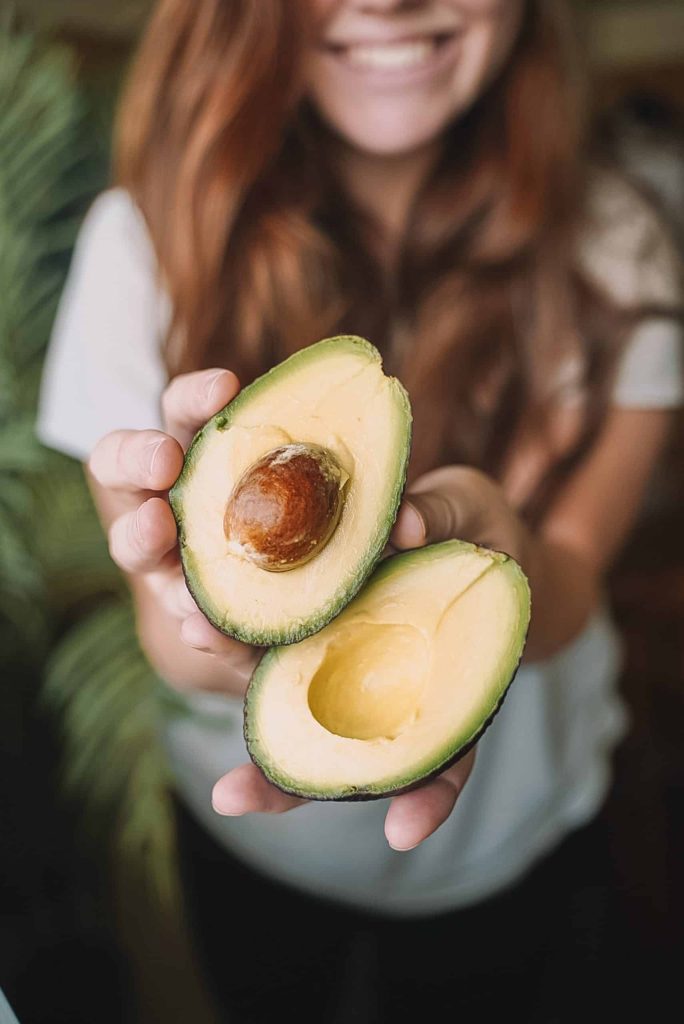4 Reasons Why You Should Eat Real Food

Real food is usually unprocessed or minimally processed foods that are rich in nutrients and is a whole single ingredient. For thousands of years, whole foods was 100% of the human diet. Today, many foods are processed, packed in unnecessary calories and harmful to human health. Eating whole foods is the best way to achieve […]
4 Ways to Stop Emotional Eating

Emotional eating can greatly affect our weight-loss efforts. While food can give us a sense of comfort, we can also use food to relieve stress or to simply feel better. This type of eating is a way of filling our emotional needs and not our stomachs. Unfortunately, emotional eating usually makes us feel worse […]
Are Avocados Good For Diabetes?

If you have type 2 diabetes, you’re probably worried about the effects of everything you eat. You may also be overweight and feel it’s almost impossible to lose excess pounds and stay healthy. At Pro Weight Loss in Massachusetts, we understand your confusion. We also know that even thought you have diabetes, your body is […]